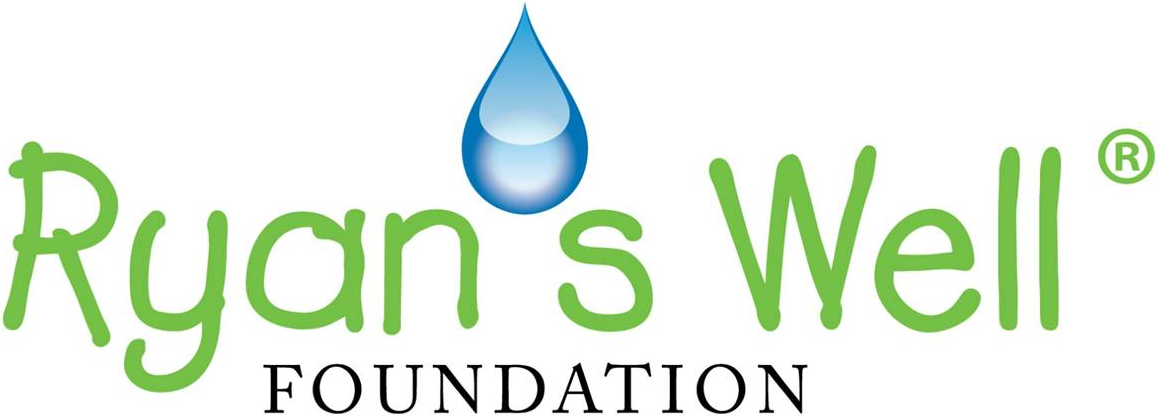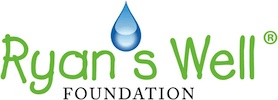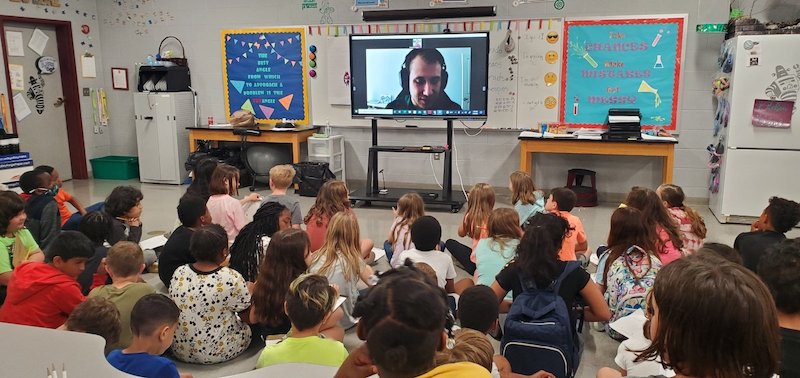ABOUT THE PROJECT
The project will be implemented in nineteen rural communities in the Adansi South, Adansi North, Adansi Asokwa, Amansie West, Amansie West, Amansi Central, and Bosome Freho Districts of the Ashanti region of Ghana. This project will bring clean water to more than 91,438 people by March 2024.
There is currently illegal mining happening in this area (called “galamsey”), which has led to pollution of much of the area’s water supply, especially streams and rivers. Small-scale farming is scarce and expensive, and mainly undertaken by older residents because the majority of the able-bodied youth prefer participating in illegal gold mining activities to work for money instead of engaging in food production. Most of the fertile lands proximate to the communities have been used for cocoa production, causing crop production to be in distant areas. The communities we will help this year have limited market access and income opportunities due to poor roads, and there are no functional health facilities – meaning people must travel 45-100km to obtain health services and abundant markets. Although most of the communities have primary schools, the majority of them have unqualified teachers due to harsh living conditions. Trained teachers feel reluctant to teach in these communities because of the inadequate basic amenities in the communities. Water is limited in quality and quantity, causing the targeted communities to resort to open defecation and drinking from unsafe water sources. However, this project will help to remedy that, constructing 19 deep wells and providing WASH training to all beneficiaries. Users will receive lessons on sanitation and hygiene, including lessons such as how to cover their water containers, simple ways of making water potable, such as by using filters and boiling water. DONA will also train mechanics to repair the wells, and Water Committees to manage and maintain each community’s well.
WHAT DO THE FUNDS SUPPORT?
- Drilling 19 new deep boreholes.
- Fourteen (14) overhead holding tanks (five for health centres and nine for schools).
- Piping and washing sinks for three health centres.
- Training Needs Assessment (TNA) for Water Committees, caretakers, and mechanics.
- Capacity-building for ten (10) WATSANs and nine (9) school health coordinators.
- Capacity-building for five (5) Facility Management Committees (caretakers).
- Capacity-building for local pump mechanics.
- WASH Training for staff at five health centres, nine schools, and five communities.
- Ongoing local monitoring and evaluation.
WHY IS THIS PROJECT IMPORTANT?
- In Ghana, more than five million people rely on surface water to meet their daily water needs, leaving them vulnerable to water-related illness and disease, such as malaria and typhoid.
- 22 million people in Ghana lack access to adequate sanitation services.
- Without water and sanitation services, many frequently suffer from dehydration, malnutrition, and diarrhea.
- Ghana’s government believes it is the health centres’ responsibility to fund the construction of clean water sources connected to their buildings.
- However, the majority of Ghanaian communities are small scale farmers, with little to no supplementary income, making financing these projects a nearly impossible feat.
- Without clean water, these health centres cannot serve pregnant women, leading to many more pregnancy-related health problems (such as miscarriages) in the area.
- These wells will service, not only the five health centres, but many surrounding communities.
- Illegal mining activities in the Ashanti region have led to widespread pollution of surface water (which many use as drinking water) with mercury.
ABOUT THE AREA
Ghana is located in West Africa, along the Ivory Coast. Two thirds of the country is covered by savannah, and is mostly flat plains with very few rivers. This terrain makes it very difficult for many people in Ghana to access safe drinking water, and 22 million Ghanaians lack adequate sanitation services (such as a toilet or handwashing station). Without these basic services, people in Ghana frequently suffer from dehydration, malnutrition, and diarrhea (the leading cause of death in the developing world).
ABOUT OUR PARTNER, DONA
DONA is a non-governmental organization based in Kumasi, Ghana. The group started in 2000, and conducted environmental awareness programs regarding environmental issues in communities in the Ashanti Region. DONA also offers capacity-building programmes for NGOs, community-based cooperatives, and a host of individuals, on business management and on the development of biodiversity conservation, and utilization of request bases. They have proven their ability to execute water and WASH projects, and have established their capacity to take on more project work each year.


